The Chairman, Independent Corrupt Practices and Other Related Offences Commission (ICPC), Prof. Bolaji Owasanoye, has rallied a global action against Illicit Financial Flows (IFFs), including a call for global framework on IFFs similar to corruption.Owasanoye made this call at a side event of the ongoing hybrid 54th Conference of the United Nations Economic Commission for Africa (UNECA) taking place in Dakar, Senegal.Mrs Azuka Ogugua, ICPC’s Spokesperson, in a statement in Abuja said that the conference would focus on regional efforts to track, recover and return stolen assets from Africa through the IFFs. She said that the meeting was attended by representatives of member-countries of the Economic Community for Africa, heads of anti-corruption agencies and international bodies.
Addressing the meeting virtually, the ICPC boss emphasized the need for a global framework on IFFs as part of a determined commitment to tackle the menace. “The challenge we found ourselves today is that the rules have always been skewed in favor of those who export capital and against those who import capital. Corruption is a global issue and we have a global framework on corruption. “The IFFs is also a global issue but does not have a global framework. A way out of the problem is to institute a global framework on IFFs which, among others, will address the huge financial losses suffered by African countries,” the ICPC chairman stated. He noted that the COVID-19 pandemic and the Russia-Ukraine war had complicated the financial resources of African countries, hence the need to tackle the IFFs and stop further hemorrhage of the financial resources on the continent.
Further to the global framework on IFFs, Owasanoye also proffered legal and policy measures that should be implemented by African countries to address the IFFs risk. These legal and policy measures, according to the ICPC boss include, review of agreements entered into with Multinational Corporations (MNCs), review of inimical double taxation agreements. Others are: enactment of laws, rules or regulations on unexplained wealth order or lifestyle audit, introduction of civil forfeiture of assets and beneficial ownership standards; and design of a framework for trans-digital transactions. The ICPC chairman also advocated tougher measures against corrupt state officials who collude with the MNCs against their countries. “African countries must understand that the MNCs split contracts. “The juicy parts of the contracts with MNCs are domiciled in their home countries while the non-juicy parts of the contracts are domiciled in Africa. “We need to deal with the MNCs’ collaboration by government officials who look the other way in international agreements,” he said. Earlier in her remarks, the Secretary-General of the United Nations Conference on Trade and Development (UNCTAD), Rebecca Grynspan, said the global economy was under enormous stress due to COVID-19 pandemic, Russia–Ukraine war and climate change.Grynspan noted that IFFs posed a huge challenge to African countries in realizing the Sustainable Development Goals (SDGs).“We are aware of the increasing rates which make it more difficult and harder for African countries to access finance.
“The African economies are also feeling the impact of the Russia – Ukraine war and thereby widening the financing gap. “Africa requires US$2.45 trillion to meet its SDG financing gap. We can close half of the SDG financing gap for Africa if we are able to curb IFFs. “We therefore cannot continue to allow the billions of dollars of IFFs slipping out of Africa every year,” she said. She added that, “The IFFs and Asset Recovery are more critical to Africa today. Both are required by African Countries to achieve the SDGs.
”She emphasised on the need for data and collaboration among African institutions like Customs and Central Banks as a necessary condition for tracking the IFFs. The United Nations Convention against Corruption (UNCAC) is the only legally binding universal anti-corruption instrument. The convention’s far-reaching approach and mandatory character of many of its provisions make it a unique tool for developing a comprehensive response to a global problem. The vast majority of United Nations Member States are parties to the convention. (NAN)

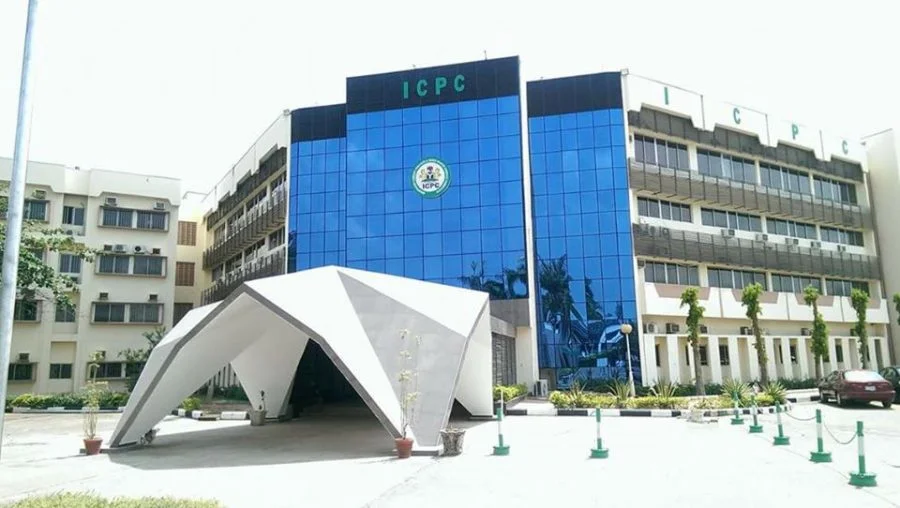
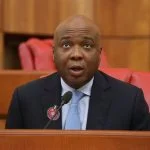
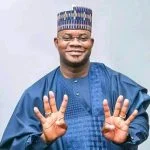
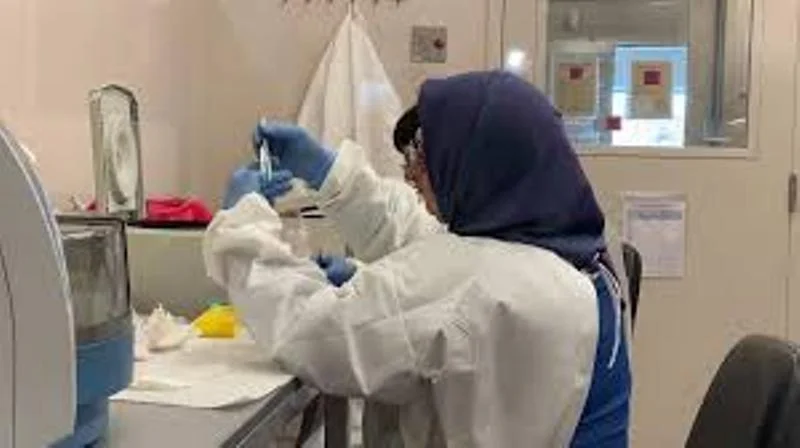
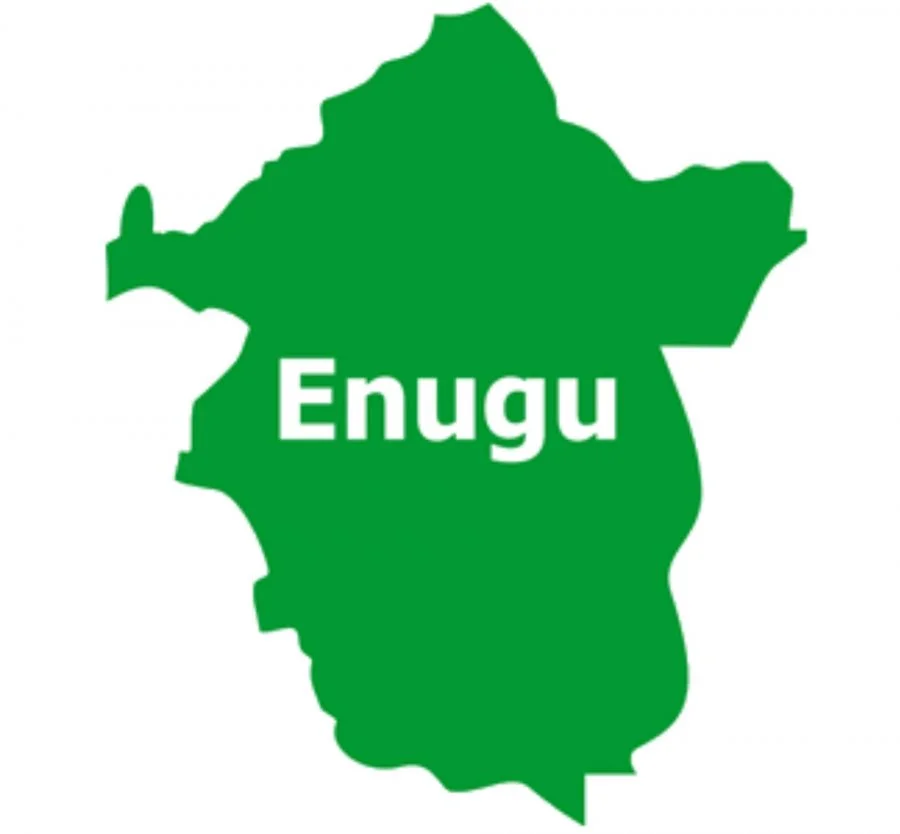
2 Comments